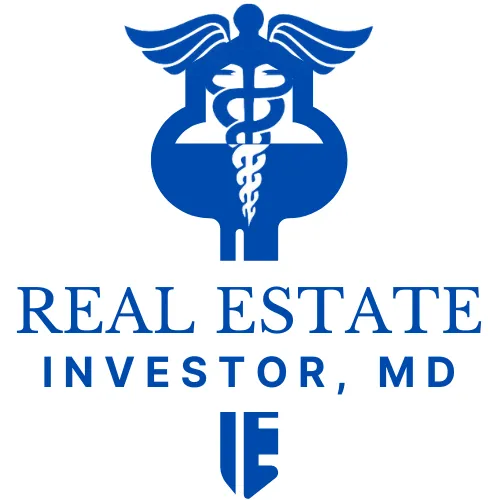
To Fellowship or Not to Fellowship

To Fellowship or Not to Fellowship: Why It’s Not Always the Right Call
The pressure to “just do one more year” of training is louder than ever. Whether it's sports medicine, spine, or hand, the fellowship hamster wheel keeps turning—and for many residents, stepping off feels almost taboo. But here’s the truth: more training doesn't always mean better outcomes—especially financially.
Let’s be clear: a fellowship can be a great move—if it’s aligned with your goals. But it shouldn't be your default next step just because your peers are doing it or your mentors recommend it. You are not a professional student. You’re a professional. And your next move should reflect that.
Why I Skipped Fellowship
I trained in a solid orthopedic residency with exposure across all subspecialties. I had an attending-level skillset in general orthopedics and had already signed a job that didn’t require fellowship training. But I still felt the pressure—especially in sports medicine, where many of my peers were heading.
Choosing not to fellowship wasn’t the easy route—but it was the right one for us.
If I’d done an extra year:
I would have made ~$60k instead of stepping into a ~$400k+ attending role.
I would have delayed financial freedom by at least 12 months.
I may have narrowed my clinical scope too early, giving up critical experience in trauma, foot & ankle, and hand.
That’s a $500,000+ decision—between lost income and delayed wealth-building.
Instead, my wife and I stepped into attending life and focused on three things:
Aggressively paid down debt.
Bought our first real estate properties.
Started building real wealth—early.
Those first three deals skyrocketed our net worth and gave us momentum we couldn’t have had in another year of training.
Should You Fellowship? Here’s How to Decide:
This decision shouldn’t be based on fear, pressure, or FOMO. It should be based on:
Interest: Are you truly passionate about a niche area of your field?
Scope: Does your ideal job require or reward the subspecialty?
Location: In metro areas, subspecialty may be critical. In rural or suburban markets, generalists often dominate.
Marketability: Does a fellowship give you real leverage—or just more initials?
Some specialties require it. But in others, generalists can thrive, especially with strong training and broad exposure.
And don’t forget to factor in opportunity cost. A year not spent building your brand, income, investments, or skill in real-world settings is expensive.
Build Wealth While You Practice
Whatever path you choose, make sure it supports—not delays—your long-term financial goals. You can build wealth in medicine and outside it. That’s what we did with real estate.
Want a Shortcut?
If you’re serious about building wealth, take advantage of my Real Estate for Physicians Course, now just $97 with a money-back guarantee. No fluff—just strategy: https://resources.realestateinvestormd.com/courses/offers/de453696-6043-405d-9aa0-d34ae59bdf2f
And if time is your biggest constraint? Join us at Davis Equity Partners, where physicians invest passively and get access to institutional-grade deals without the heavy lift: https://api.leadconnectorhq.com/widget/survey/tksbfxdovtiNrrzLHjth
The earlier you get this right, the less pressure you'll feel later. Start smart.
